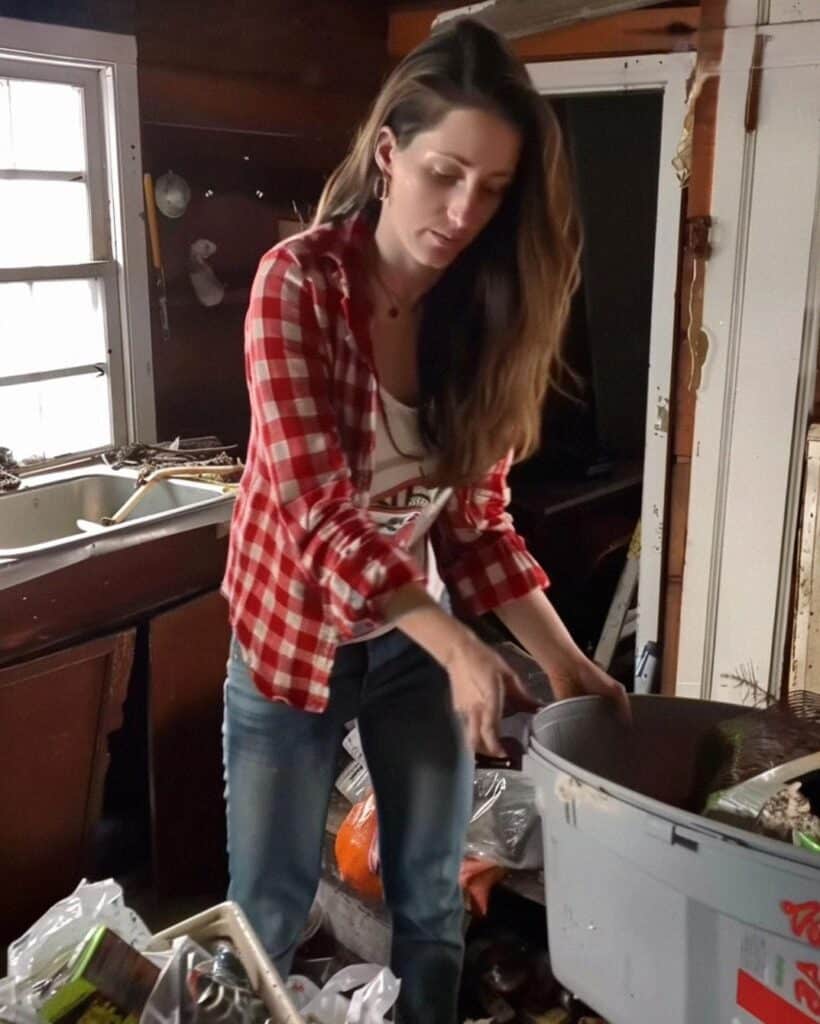The Inheritance Everyone Laughed At
When my grandfather passed, I didn’t expect much. In our family ledger, I was the line item marked “underperforming”: no elite diploma, no glamorous spouse, no brag-worthy job to trot out over turkey and pie. So when the will was read, it felt less like closure and more like a slow roast at my expense.
The Will Reading
Paper shuffled. Names were called. My cousins smiled over investment accounts. My uncle beamed at a cache of gold coins and antique jewelry. My older sister—who hadn’t spoken to Grandpa in years—walked away with stocks and a Rolex.
Then came my turn.
A property deed.
To a forgotten farm miles from anywhere, a place no one had lived in for years. No plumbing. No electricity. Half a roof, if you were generous. And to sweeten the deal, back taxes attached like barnacles.
The room went quiet, then cracked. I’m pretty sure it was my aunt who snorted first. A few jokes skittered across the table—teardown costs, haunted set piece, cue the violins.
“You’ll spend more demolishing it than it’s worth.”
The Farm Nobody Wanted
I should’ve felt humiliated. Instead, I felt stubborn. If Grandpa put my name on that deed, there had to be a reason. Maybe not one that made sense to anyone else, but a reason. So I decided I’d at least show up. Clear brush. Bag trash. Keep the place from collapsing out of respect. If all I could give him now was care, I’d give it.
Showing Up Anyway
A week later I pulled off a county road into knee-high weeds, armed with gloves, trash bags, and a cheap rake from Walmart. The farmhouse looked like it had held its breath too long: siding gray as ash, porch sagging, windows clouded with dust. I set to work, scraping and piling and trying not to catalog every repair I couldn’t afford.
That’s when I heard tires on gravel—slow, deliberate. I looked up.
The SUV on the Gravel
A black SUV eased to a stop outside the gate. Tinted windows. Waxed within an inch of its life. A man stepped out in a tailored suit, shoes that had never met mud, a folder tucked under his arm. He walked like he already owned the ground.
“I represent a development company,”
he said, handing me a card. They’d been trying to buy the farm for years. Every offer had bounced off my grandfather like rain on slate.
He opened the folder and slid a sheet toward me. A number sat there, calm and devastating. Big enough to silence every smirk at the will reading. Big enough to change the story.
The Offer—and the Realization
For a long second I just stood there, boots caked in mud, a trash bag slumped at my heel, the wind carrying the smell of sunburned grass. Understanding landed all at once: this wasn’t a punishment. It was a test—and a trust.
“We’re ready to move quickly if you are,”
the man added. I didn’t answer right away. I was thinking about my grandfather—how he’d refused every bid. How he’d endured the nuisance calls and the letters because he was waiting for this moment, and for the person who would stand on this dirt and see more than a teardown.
What Grandpa Knew
Everyone else got something shiny they could cash in without a second thought. I got a wreck with taxes attached—and a decision that actually mattered. He knew I wouldn’t toss it away just because other people laughed. He knew I’d show up, even if it meant picking up trash in the heat, even if no one believed there was anything here.
Turns out, he didn’t leave me a burden. He left me leverage. A key disguised as a ruin. The jackpot no one else recognized because they never bothered to drive out and look. And for the first time in a long time, I didn’t feel like the family disappointment. I felt like the person my grandfather had been betting on all along.
